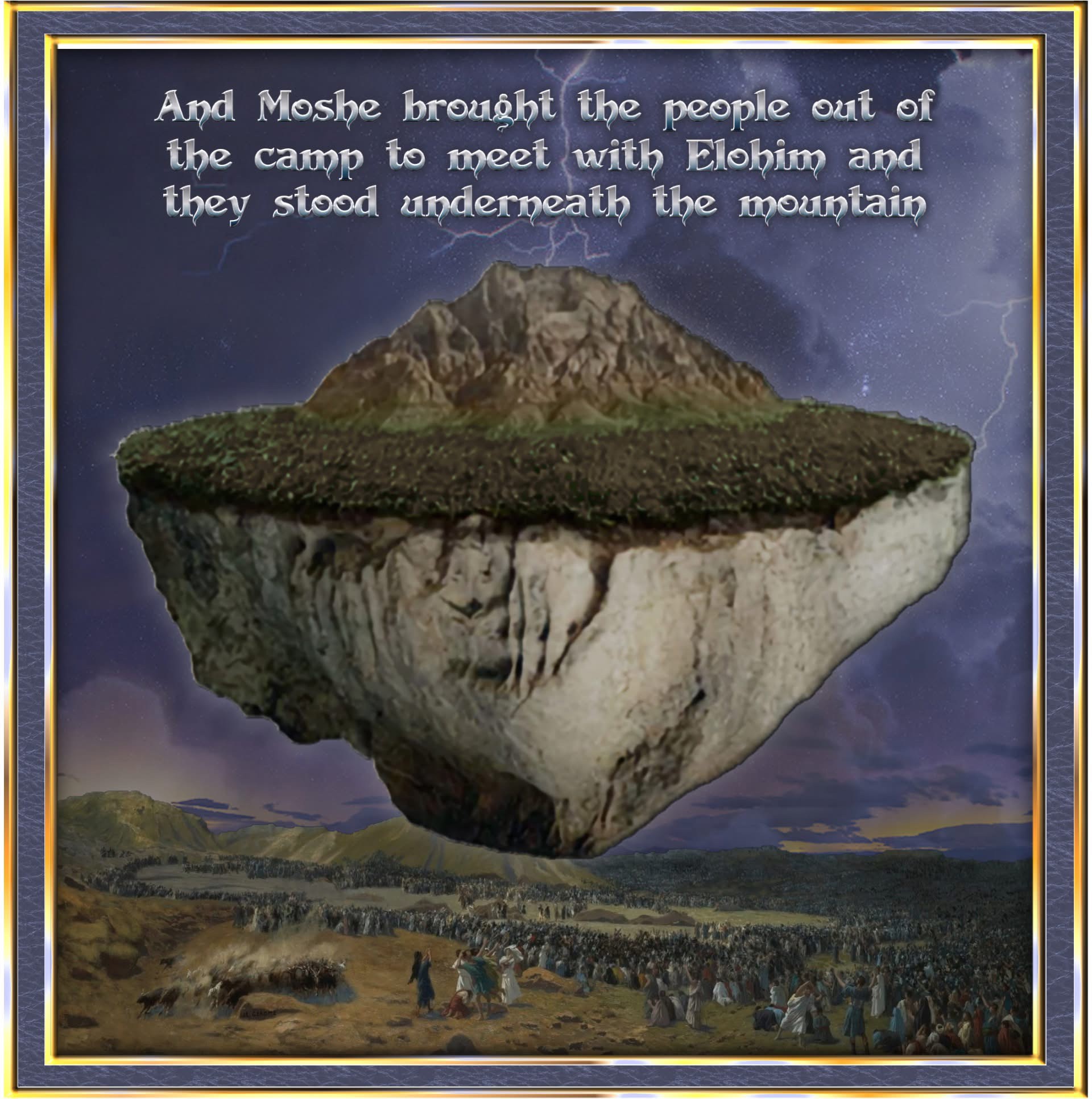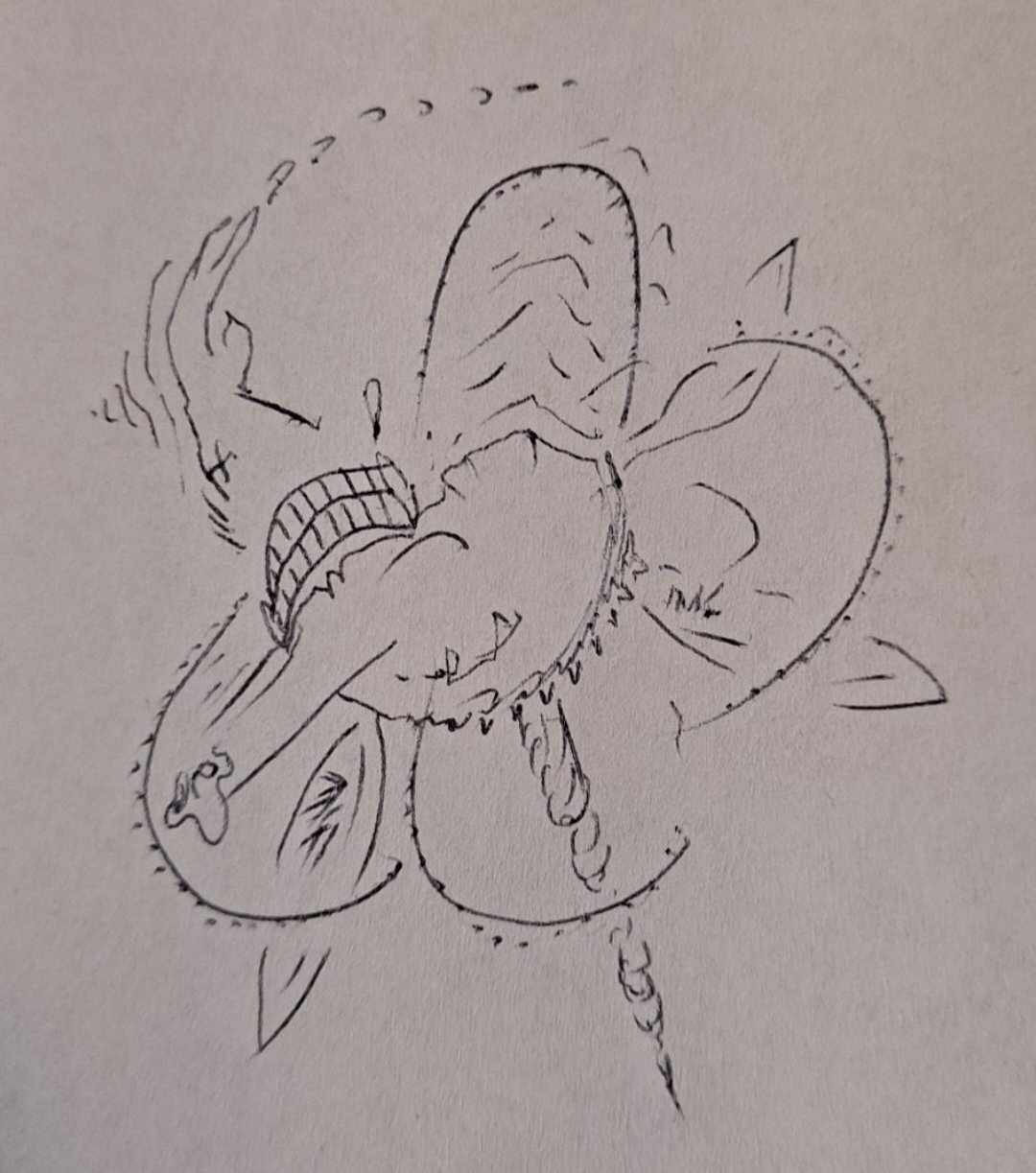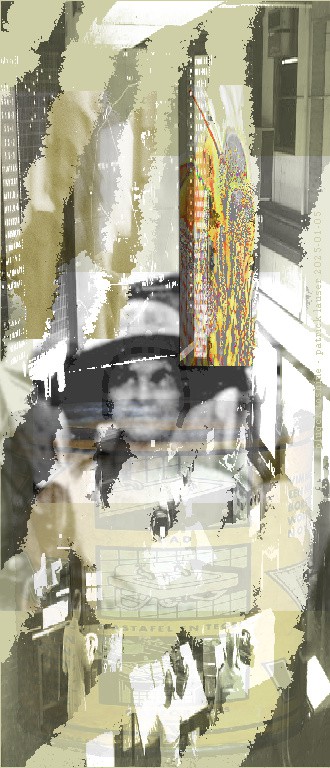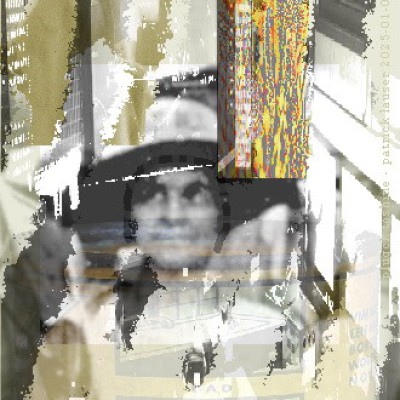Watch
Events
Articles
Market
More
FROM THIS WEEK’S TORAH PORTION – YITHRO:
“And it came to be, on the third day in the morning, that there were thunders and lightnings, and a thick cloud on the mountain. And the voice of a shophar was very strong, and all the people who were in the camp trembled. And Moshe brought the people out of the camp to meet with Elohim, and they stood at the foot of the mountain.”
It is interesting to note that the Hebrew word in this passage, translated into English as “at the foot of,” is tachat. Normally, this word is translated as “under,” or “underneath.” Some scholars suppose that this encounter between YHWH and His people was something of a ‘shotgun wedding,’ and that YHWH was holding the mountain over the people’s heads as He awaited their answer to His proposal of marriage. That answer was then quite predictable:
“And Moshe came and called for the elders of the people and set before them all these words which YHWH commanded him. And all the people answered together and said, ‘All that YHWH has spoken we shall do.’”




Created OOMs ?
The Traplamp, a bulky flashlight shape of scratched turqoise plastic with surprisingly no more than a single clunky switch. From the front, a smudged transparent bulge swelled like a bulb about to fall from its socket. Inside this swelling the arcane mechanics of the device could be glimpsed by a youthful eye.
Switched on, cast networks like the light reflected from tremulous water, but frozen in form, multiple layers of different colour, sliding past each other in different directions: red, violet, brown, patina, combed intermittantly by a 'radar' beam of thin eye-burn style light in lightning form.
Traplight, a light which, supposedly, no preternatural entity could conceal itself from.
#writtenoom 2025-01-07
#dailycreatedoom




Created OOMs ?
The Traplamp, a bulky flashlight shape of scratched turqoise plastic with surprisingly no more than a single clunky switch. From the front, a smudged transparent bulge swelled like a bulb about to fall from its socket. Inside this swelling the arcane mechanics of the device could be glimpsed by a youthful eye.
Switched on, cast networks like the light reflected from tremulous water, but frozen in form, multiple layers of different colour, sliding past each other in different directions: red, violet, brown, patina, combed intermittantly by a 'radar' beam of thin eye-burn style light in lightning form.
Traplight, a light which, supposedly, no preternatural entity could conceal itself from.
#writtenoom 2025-01-07
#dailycreatedoom




Created OOMs ?
The Traplamp, a bulky flashlight shape of scratched turqoise plastic with surprisingly no more than a single clunky switch. From the front, a smudged transparent bulge swelled like a bulb about to fall from its socket. Inside this swelling the arcane mechanics of the device could be glimpsed by a youthful eye.
Switched on, cast networks like the light reflected from tremulous water, but frozen in form, multiple layers of different colour, sliding past each other in different directions: red, violet, brown, patina, combed intermittantly by a 'radar' beam of thin eye-burn style light in lightning form.
Traplight, a light which, supposedly, no preternatural entity could conceal itself from.
#writtenoom 2025-01-07
#dailycreatedoom




Created OOMs ?
The Traplamp, a bulky flashlight shape of scratched turqoise plastic with surprisingly no more than a single clunky switch. From the front, a smudged transparent bulge swelled like a bulb about to fall from its socket. Inside this swelling the arcane mechanics of the device could be glimpsed by a youthful eye.
Switched on, cast networks like the light reflected from tremulous water, but frozen in form, multiple layers of different colour, sliding past each other in different directions: red, violet, brown, patina, combed intermittantly by a 'radar' beam of thin eye-burn style light in lightning form.
Traplight, a light which, supposedly, no preternatural entity could conceal itself from.
#writtenoom 2025-01-07
#dailycreatedoom




Created OOMs ?
The Traplamp, a bulky flashlight shape of scratched turqoise plastic with surprisingly no more than a single clunky switch. From the front, a smudged transparent bulge swelled like a bulb about to fall from its socket. Inside this swelling the arcane mechanics of the device could be glimpsed by a youthful eye.
Switched on, cast networks like the light reflected from tremulous water, but frozen in form, multiple layers of different colour, sliding past each other in different directions: red, violet, brown, patina, combed intermittantly by a 'radar' beam of thin eye-burn style light in lightning form.
Traplight, a light which, supposedly, no preternatural entity could conceal itself from.
#writtenoom 2025-01-07
#dailycreatedoom







Proverbs 12:20, “Deceit is in the hearts of those who devise evil, but the counselors of peace have joy.” Carefully planned deception is evil. However we do sometimes misunderstand also which is another reason we are warned often not to be deceived. Only through careful study are we able to know the difference between a carefully devised evil plan to deceive and our own misunderstanding.



Thought for Today: Wednesday January 15
Our influence on society depends on our likeness to our Saviour Yeshua. We cannot elevate others higher than we ourselves have gone. The first century believers out-thought, out-lived and out-loved their neighbours, and by their example of purity and compassion attracted countless thousands to the faith in Moshiach. SO -- What do others see in your life that would attract them to our Moshiach?


